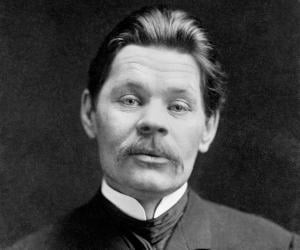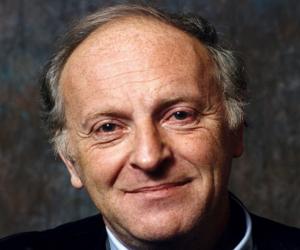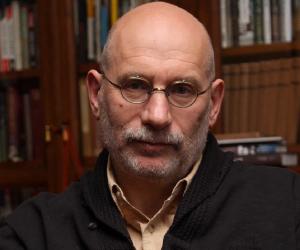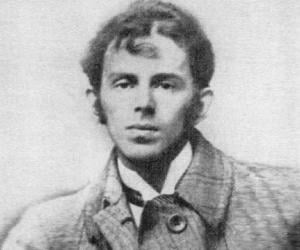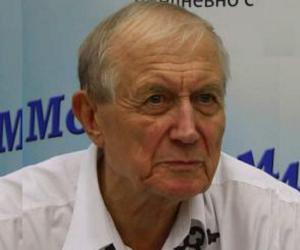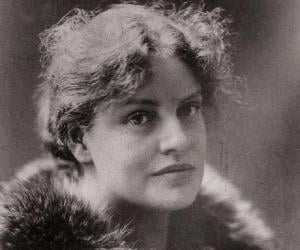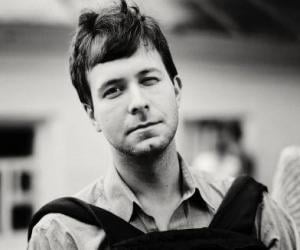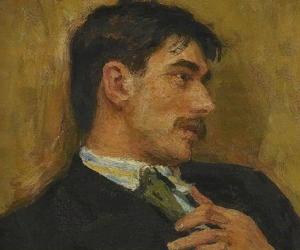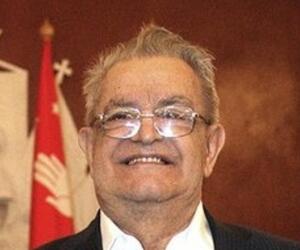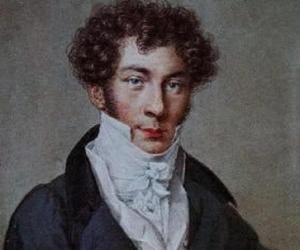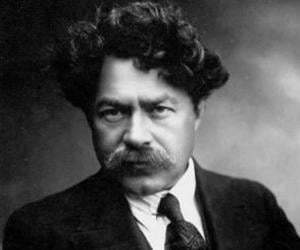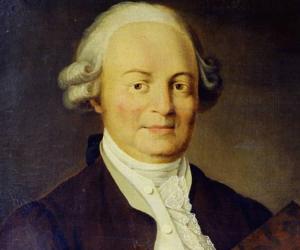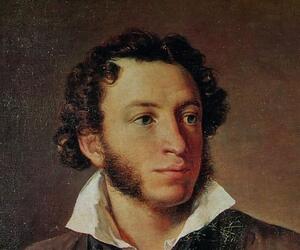1
Maxim Gorky
(Russian Writer Best Known for His Works 'The Lower Depths', 'Mother', 'Chelkash' and 'Children of the Sun')
Birthdate: March 28, 1868
Sun Sign: Aries
Birthplace: Nizhny Novgorod, Russia
Died: June 18, 1936
Maxim Gorky was a prominent Russian and Soviet writer, nominated five times for the Nobel Prize in Literature. His notable works include early short stories, plays like The Philistines and The Lower Depths, a poem "The Song of the Stormy Petrel," the autobiographical trilogy My Childhood, In the World, My Universities, and the novel Mother. Gorky was actively involved in the socialist movement, supporting the Bolsheviks and opposing Tsarist regime. He had a complex relationship with the Soviet government, being both a public supporter of Stalin and critical of political repressions.
